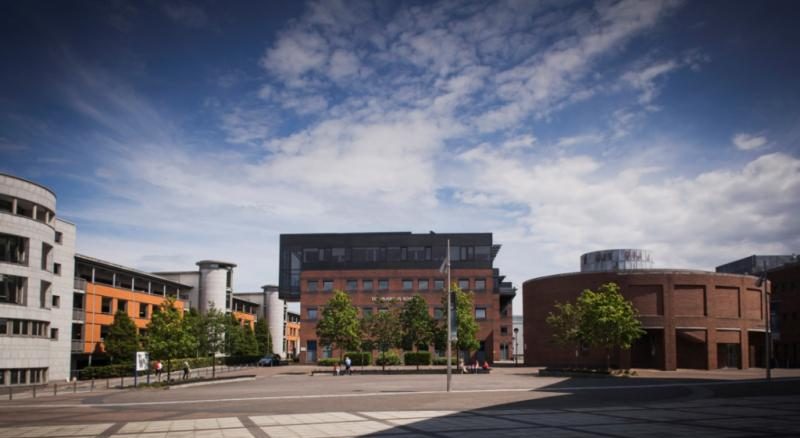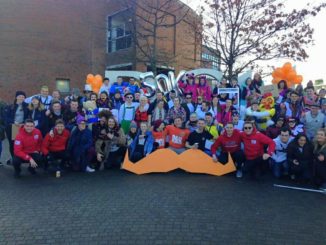
[dropcap]D[/dropcap]CU has announced the introduction of six new undergraduate courses and four new specialisms for September 2021.
The courses will centre on the advancement and development of student’s abilities and skills to enable them to find answers to current and future problems of the world.
Lisa Looney, DCU Vice President of Academic affairs said: “Students will access expert lecturers with in-depth contemporary and emerging teaching practices, study using the most advanced technology and learning spaces, and connect with industry leaders through real-world learning opportunities.
“Our vision is to truly future-proof our graduates to be more innovative, more agile, and better prepared for the increased demand from industry,” said Looney.
The six courses being introduced into the new academic year are Global Challenges, Psychology and Disruptive Technologies, Psychology and Mathematics, Sustainable Systems and Energy, Digital Business and Innovation, Climate and Enviromental Sustainability.
The four new specialisms are Bioprocessing, Chemistry with Artificial Intelligence, Physics with Data Analytics, and Business with Analytics.
The topics of the courses will allow students to be immersed in an array of topics from preparing and preventing future pandemics to understanding, reversing, and developing business, enviromental and societal issues.
Dr.Darren Clarke, a DCU lecturer from the School of History and Geography said: “The new Bachelor of Arts in Climate and Environmental Sustainability is ideal for students with a keen passion and concern for the environment and climate change.”
“Organizations are increasingly relying on location intelligence to make decisions and students will gain invaluable skills in Geographical Information Systems (GIS), to learn how to gather and analyse spatial, environmental, and climate data,” said Clarke.
“Given that current incoming students are likely to be one of the most adversely affected groups in society to be affected by climate and environmental change it is important that they have the skills, tools and knowledge to understand and develop solutions that will meet these challenges,” added Clarke.
The € 19.9 million drive is financed by the Government Human Capital initiative, allows Universities to be creative with fresh innovative ways of teaching and learning
Shirley Coyle, Programme Chair for BSc in Global Challenges said “Graduates of the BSc in Global Challenges will be prepared to be future leaders and creative problem solvers who can respond to a constantly changing world where technology and innovation are needed to create socially effective solutions.”
Ria McGuire
Image Credit: DCU
Note: This article was reuploaded on 26/03/21 due to a fault with The College View website.



